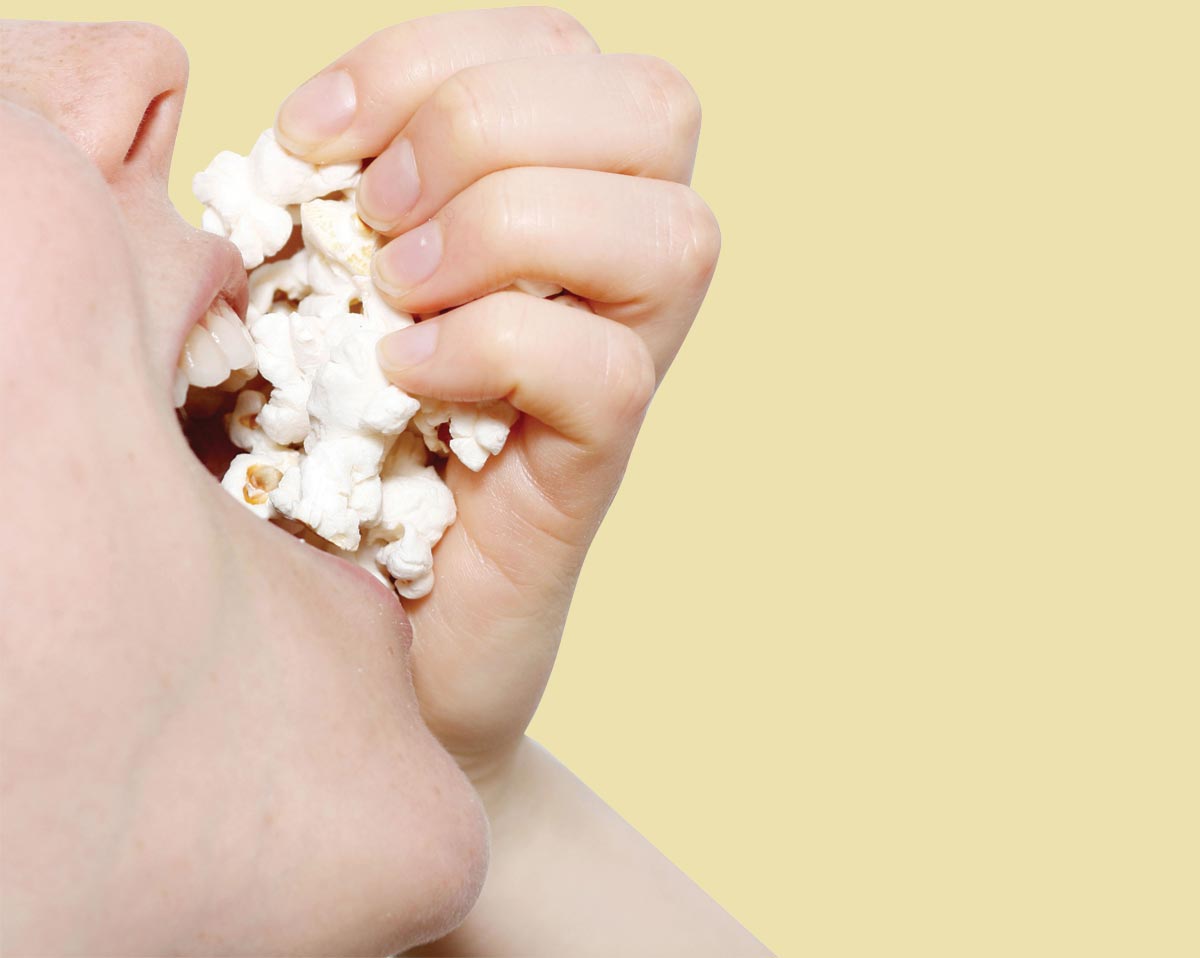

Saliva is made by six groups of cells called salivary glands. The glands deliver the saliva into the mouth through ducts. Saliva is made up mostly of water. It also contains a lot of enzymes, which are special chemicals that help protect the mouth from infection and break down food for digestion. These glands are always making a little saliva, which keeps the mouth from drying out. They produce more saliva when food is in the mouth. In addition to helping to break down food, saliva lubricates the throat, and that makes swallowing easier.
Photo by: Lasse Kristensen/Alamy

